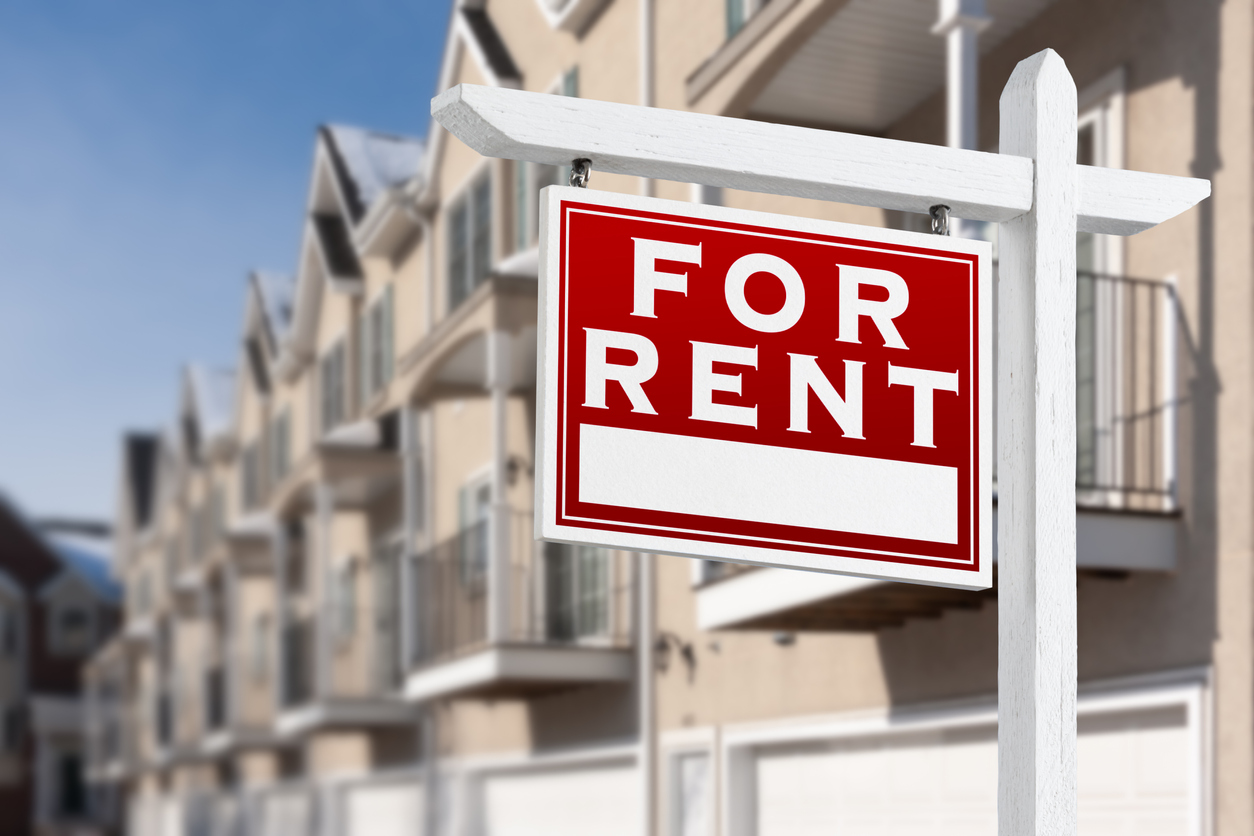During the first two months of this legislative session, the Senate Commerce and Labor Committee passed out a series of bills that represent the most significant labor reform in decades.
The nine labor reform bills that passed the Committee would give workers more rights and demand more accountability and transparency of the unions representing state workers. Based on WPC’s research and analysis and longtime work on labor issues, all of the proposals are good public policy and important first steps towards protecting workers and restoring much needed fairness and balance in how public sector unions operate in our state.
So far, just five of the nine bills have moved to the Senate floor for a full vote of the upper chamber. The other four bills have yet to pass out of the Rules Committee, the final step before a bill can move to the floor. These bills to promote workplace fairness, strengthen worker rights and promote accountability were developed by the Freedom Foundation, and WPC is hopeful the remaining four bills will reach the Senate floor before the March 11 deadline for bills to pass out of their chamber of origin. Bills that miss this deadline are considered dead for the session.
Labor Reform Bills That Have Moved to the Senate Floor
SB 5854 would require unions representing public-sector workers to submit digital copies of their collective bargaining agreements to the Public Employment Relations Commission for online public viewing. This bill would enhance openness in government by requiring public-sector unions to make collective bargaining agreements, along with provisions on health benefits, pensions, early retirement, overtime pay, seniority rules and other privileges funded by public dollars, available to the public.
SB 5671 would prevent the state from automatically deducting mandatory union dues from “partial public employees” without their authorization. The U.S. Supreme Court recently ruled in Harris v. Quinn that “partial public employees,” such as home health care workers, family child care providers and adult family home providers, cannot be compelled to join a union or pay union dues or fees as a condition of employment or payment.
SB 5226 would require public sector unions to file annual financial reports with the state. This bill would enhance worker rights by ensuring unionized employees have access to how union executives are managing and spending union funds. The purpose is to increase transparency and accountability for the public and for union members, and to reduce corruption in labor financing.
SB 5329 would require public-employee collective bargaining negotiations to be open to the public. This bill would enhance openness and public accountability by requiring secret budget negotiations between labor union executives and the governor to be open to the public. Currently the governor negotiates in secret with unions representing state workers to decide the pay and benefits of their members. Neither elected lawmakers or the press are allowed to attend these meetings, and lawmakers are not allowed to change the agreement once it is announced. Ending the secrecy in union budget talks is particularly important because of the danger of corrupt political influence. Under the current system, union executives negotiate secretly with a top elected state official that they helped elect.
SB 5552 would accommodate the civil rights of religious objectors to mandatory payments to labor organizations. This bill would expand the ability of workers who, for religious reasons, want to opt out of paying mandatory union dues, would streamline the process for establishing religious objection and would make it easier for the worker to direct that dues money to a charity of their choice. Currently, the charity must be mutually agreed upon by the worker and the union, but often union executives direct the dues money of workplace conscientious objectors to non-profit groups selected by the union, even if that is not the charitable cause the worker would have chosen.
Labor Reform Bills That Have Not Moved to the Senate Floor
SB 5602 would prohibit provisions in public sector collective bargaining agreements that allow union members to engage in union work or activities during work hours without a loss of pay. Known as “release time,” state workers receive their full, taxpayer-funded salary and benefits while away from their job so they can work for their union. This bill would protect public money from being diverted away from school districts and state agency budgets to pay salaries and other benefits to state employees who take time off to work for their union. Currently the state loses millions of dollars a year to fund the activities of unions, draining money from school and state agency budgets that is needed to provide essential public services.
SB 5045 would require the Public Employment Relations Commission to hold an election to de-authorize a union security provision if at least 30 percent of the employees in a bargaining unit sign a petition affirming the desire to de-authorize. This bill would promote workplace democracy by giving workers more opportunity to vote on whether to allow union executives to take money from their paychecks each month.
SB 5237 would allow 90 (rather than 30) days for union members to file a petition to change or end union representation. This bill would enhance workplace democracy by providing more time for workers to ask for a workplace election on union representation. Currently, such elections are so rare that many unionized state employees have never had the opportunity to vote in a union certification election to decide whether or not they want to be represented by a union, or whether they would like to change unions.
SB 5332 would prohibit counties and cities from exempting unionized businesses from laws regulating wages, hours of work, employee retention, or leave from employment. This bill would enhance workplace fairness by requiring unionized and nonunionized workers to be treated the same. Union executives are increasingly pushing to impose workplace rules and mandates on non-union workers with special exemptions for their own members.




